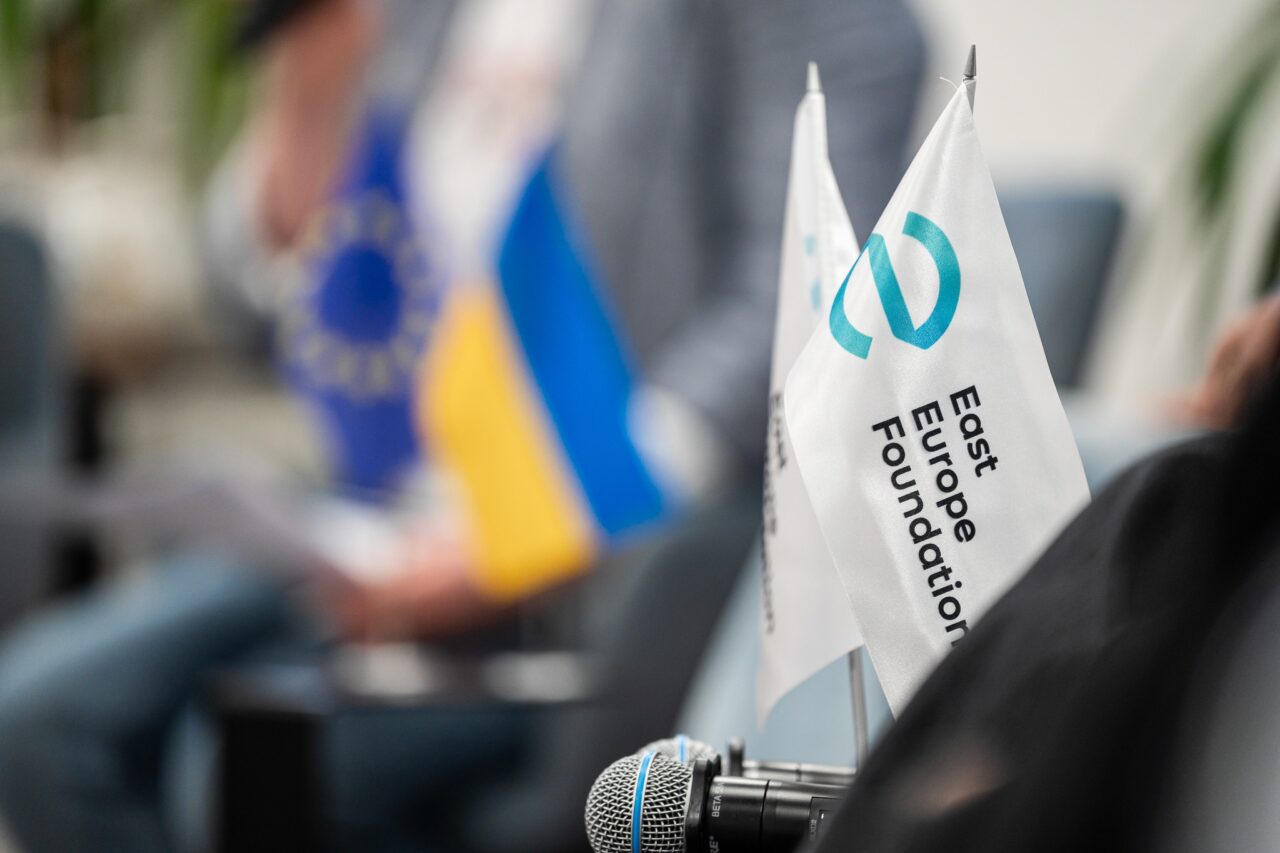
This year Ukraine signed the Declaration on the Protection of Humanitarian Personnel. This milestone opens the door to integrating the Duty of Care principle into national policies and humanitarian funding. At the same time, it calls for an open dialogue with donors, experts, and international organizations to advocate for embedding this principle into grant-making practices.
Recently, Victor Liakh, President of the East Europe Foundation, and Lesia Luchkovska, Manager of Capable and Resistant Program, returned from Brussels, where they joined international colleagues for a two-day workshop. The visit was hosted by Protect Humanitarians team and provided an opportunity to discuss staff safety, mental health, psychosocial support, and practical steps for implementing the Duty of Care approach.
“When staff care is funded and becomes an expected standard, implementation rates rise dramatically. This approach transforms Duty of Care from a secondary issue into a core infrastructure for humanitarian organizations in Ukraine,” says Victor Liakh.
According to INSO, since the beginning of 2025, Ukraine has recorded 149 incidents, resulting in 57 injuries and 9 fatalities among humanitarian workers. During the workshop, our team shared the Foundation’s experience, tools, and solutions for advancing Duty of Care, including:
“Local organizations value practical guidance tailored to their context and regional specifics. The support of Switzerland has played a key role in strengthening humanitarian assistance in Ukraine by implementing large-scale pilot programs and supporting the definition of a minimum Duty of Care package,” adds Lesia Luchkovska.
The Brussels visit was an important step toward experience-sharing and driving systemic change in protecting humanitarian personnel. East Europe Foundation remains committed to making care for those who help others a standard.